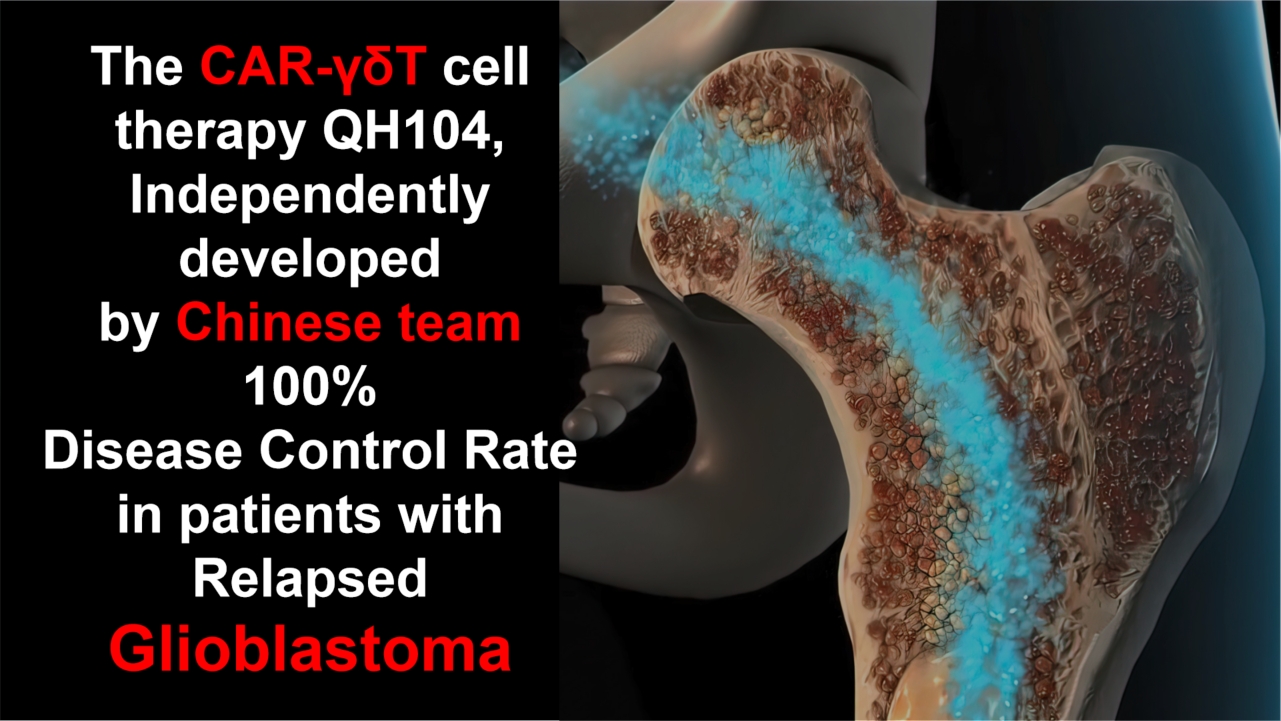Warning: Trying to access array offset on value of type bool in /www/wwwroot/www.medtourcn.com/wp-content/themes/medical-directory/framework/theme/medicaldirectory-image.php on line 78
Warning: Trying to access array offset on value of type bool in /www/wwwroot/www.medtourcn.com/wp-content/themes/medical-directory/framework/theme/medicaldirectory-image.php on line 79

The CAR-γδT cell therapy QH104, independently developed by a Chinese team, has demonstrated a 100% disease control rate in patients with relapsed glioblastoma
**The CAR-γδT cell therapy QH104, independently developed by a Chinese team, has demonstrated a 100% disease control rate in patients with relapsed glioblastoma.**
#glioblastoma #CARγδT #QH104 #γδT #B7H3 #rGBM #CARgammaT

glioblastoma
